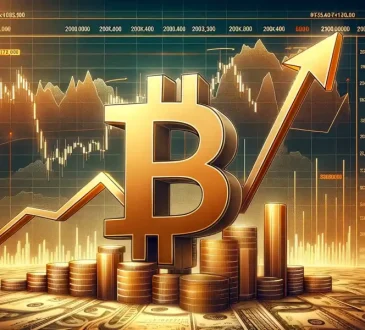
The recent Coronavirus pandemic is reigniting concerns over a recession, with some experts warning of a possible economic depression. In these uncertain times, many people are worried about their ability to secure funds for business, education, home or vehicle ownership, and even daily expenses.
Getting a loan is hard enough when consumer confidence is high, but what about when the nation (or the world) is facing an economic downturn?
Loan Eligibility
Before we discuss whether or not you can get a load during a recession, let’s look at the factors that determine your loan eligibility:
- Marital status – Statistically, married couples are more likely to pay their bills on time and practice fiscal responsibility. This means that if you’re married, you pose less of a risk to lenders, increasing your chances of securing a loan. However, not all lenders consider your marital status when deciding.
- Dependents – Despite the possible tax deduction, having dependents (like children) lowers your available funds for loan payments. So, the more dependents you have, the harder it will be to secure a loan.
- Job status – If you are unemployed or employed part-time, it will be much harder to secure a loan.
- Income – Your annual income is one of the most important factors for lenders. If your income falls within a healthy range, it increases the chances that you will be able to pay back the loan on time.
- Rent or mortgage – Your rent or mortgage payments are likely one of your biggest expenditures. If your rent or mortgage payments require more than 25% of your annual income, it might be harder to secure a loan with a good interest rate.
- Credit score – Naturally, your credit score will be partially determined by all of the aforementioned factors. However, credit scores also include additional information that is important to lenders. More specifically, a high credit score shows that you are able to take on debt and still pay all of your bills on time. In general, you will need a credit score of at least 620 to get a loan.
Getting a Loan During a Recession
Typically, a recession means that more people need more money. This necessitates increased borrowing, which means higher interest rates. As a result, loans acquired during a recession will be significantly more expensive over the long-term.
Moreover, lenders have to be more careful lending funds during an economic recession. Research shows that banks lend less during recessions, making it more difficult to secure one, especially if you seem like a high-risk candidate.
In order to get a loan during a recession, you will need to do your best to prepare in advance. This means paying your bills on time to maintain a healthy credit score.
Since income and housing payments are not always changeable in the short term, focusing on your credit score will likely yield the best results.
Working With the Best Mortgage Lenders
Some lenders are more willing to lend during a recession than others. You will almost certainly need to shop around before finding a bank or other lending institution that’s right for you. Thankfully, some of the best mortgage lenders offer loan packages to a wide variety of applicants during a recession.



